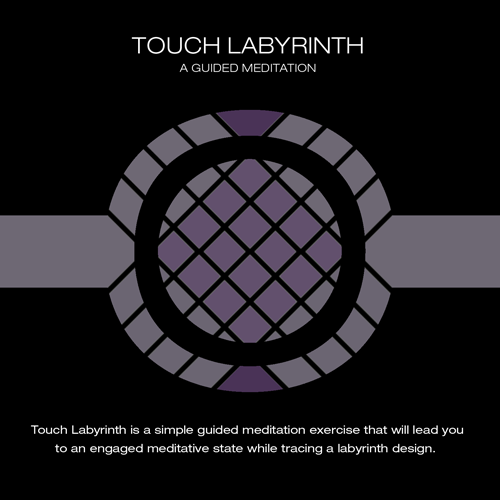|
Sometimes, my meditation workshop participants ask me why I don't discuss stress analysis or try to find the root cause of their stress. “Would that not be a logical way to eliminate or reduce the stress?” they want to know.
My answer is two fold: 1. Stress occurs at very low (primitive) level of our brain. In many cases, we respond almost instinctively (one of my friends calls it a "knee-jerk" reaction) to unique triggers. We realize we are stressed-out or angry almost after the fact. Irrespective of our triggers, challenges or problems, our body almost runs the same script for stress. It may be tightening of the stomach muscles or shoulders or any other physical pattern that we have "trained" ourselves to. 2. Stress often depends on our own unique perspective and values. Another person (unless he or she is very close to you - like a spouse, parent, sibling or a close friend) cannot really empathize or feel the pain with you. As an instructor in meditation and mindfulness, I definitely cannot be in a position of judgment about your values and problems. So what is the solution to stress? The important and immediate response to stress is becoming aware of the stress, anxiety and pain in your body. You can then, use a variety of stress reduction techniques to manage your stress by physical and mental relaxation. As you get more relaxed, your mind reaches a more empowered state. Don't you feel that you can solve problems better when you are in a more relaxed and energized state? The key goal of any good stress management system is to bring your mind to such a state where you can rationally work through your problems and challenges. When you reach a very relaxed state, you can actually trigger your "Right" or the creative side of the brain to bring forth effective solutions that even your logical or "left” side of the brain cannot think of!! Stress analysis is an important part of stress management and you can enhance that by logically studying your challenges and following a disciplined problem solving plan. But all that comes later, after you have managed your stress to levels at which you are comfortable. Here are two articles you may find of interest:
Happy Meditation!
0 Comments
Your comment will be posted after it is approved.
Leave a Reply. |
a guided finger meditationEngage your senses with soothing music, guided imagery and a labyrinth tracing activity which leverages the power of touch. Click the album cover to learn more. Categories
All
|

 RSS Feed
RSS Feed